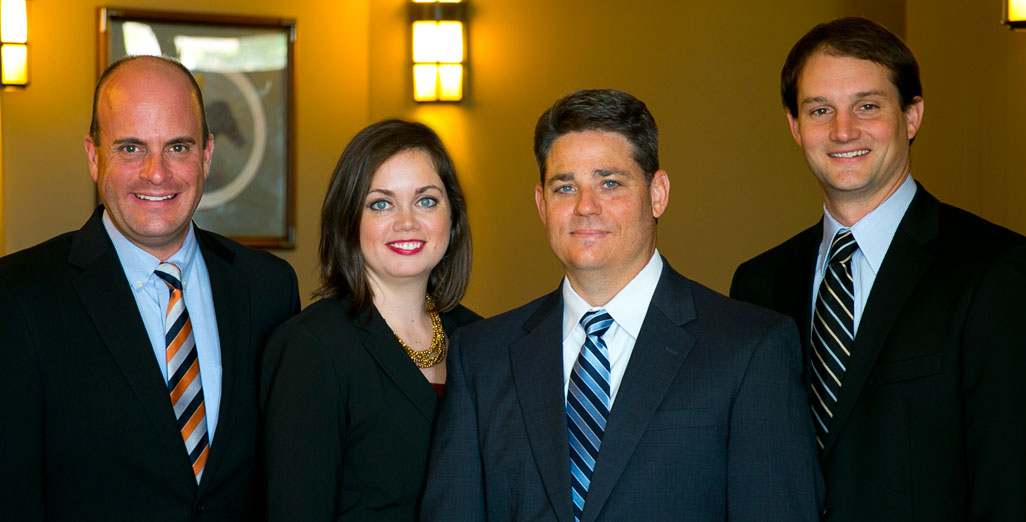Ocala, FL Formal Probate Administration
Need Help With Probate?
Formal Probate Administration of Florida Estates
Under Chapter 733 of the Florida Statutes, the formal administration of an estate is required when the decedent has passed away within two years and the estate’s size is greater than $75,000. Assets that are considered to be a part of the probate estate include all of those that were owned by the decedent alone. Such things as real property jointly owned with another person thus do not pass through the probate process, nor do such things as retirement accounts and life insurance policies that have named beneficiaries. The decedent’s assets that are held by a revocable trust also do not go through the Florida probate process.
Steps Involved in Formal Administration
The Florida probate process is initiated by filing a copy of the decedent’s will in the county in which they were domiciled. If the decedent did not live in Florida, then the proper venue is the county in which their property is located. The person who will serve as the administrator of the estate then applies to the court, requesting to be named as the estate’s personal representative. The court may require that person to open a restricted depository, a special type of bank account that doesn’t allow withdrawals, or to post a bond.
It is common for personal representatives of estates to need help with probate. Because the probate process can be confusing, many representatives choose to get help from a Florida probate lawyer. If no one contests the will and the court validates it, then the personal representative will be required to locate and make a complete inventory of all assets owned by the decedent. He or she must also find and inventory all liabilities that the decedent owed and file both with the court. This portion of the process can take months and involves going through large amounts of paperwork.
The personal representative will next notify all of the creditors of the estate’s administration as well as all of the potential beneficiaries. The creditors may then make claims against the estate for debts owed to them. The personal representative will pay the creditors out of the proceeds of the estate. They will also need to pay the legal fees owed by the estate to the Florida probate attorney helping with the administration of the estate. The personal representative must give a full accounting of how the estate has been administered to the named beneficiaries. Finally, they distribute the assets to the beneficiaries according to the provisions of the will.
As you can see, even someone familiar with the Florida probate process will likely contact an Ocala probate attorney for help to ensure the process goes smoothly.
Differences Between Formal and Summary Administration
Summary administration is an abbreviated probate process governed by Chapter 735 of the probate code. Estates that are eligible for summary administration are those that are valued at less than $75,000 or those in which the decedent has been dead for more than two years. The two-year rule is derived from the statutes. It is a statute of repose limiting the ability of creditors to make claims against the estate to no more than two years after the decedent’s death. This means that the creditors will be cut off after two years, and so the estate may be administered without the need to notify them.
Contact an Ocala Probate Lawyer
The formal probate process can be very complicated and sometimes involves litigation. People often find it to be necessary to get help from an attorney to make sure everything is done according to the law. Having the help of a probate administration lawyer can help the process to be completed correctly and for the asset distribution to go more smoothly.
If you are involved in the formal administration of Florida probate, contact our Ocala law firm today. Attorney Santhan Shealy Rauba is experienced in all forms of Florida probate and can help you through the process.
